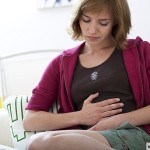
Symptoms of a urinary tract infection include frequent and painful urination, muscle ache, abdominal pain, fatigue and weakness. If you have these symptoms but no bacteria is present in your urine, you may be suffering from a condition called Interstitial Cystitis (IC).
More than 3 million women in the US suffer with this condition. It is also called bladder pain syndrome. Interstitial cystitis is not caused by an infection, but the symptoms mimic those of an infection.
Most Common Symptoms of Interstitial Cystitis:
- Pain or pressure in the bladder
- Feeling of stabbing needles in the bladder
- Bladder feels irritated
- Painful sex
- Urinary frequency
- Cannot fully empty the bladder
Studies have shown a relationship between acidic, urine-producing foods or liquids and an increase in IC symptoms, as well as an alleviation of these symptoms with the restriction of offending foods. When your urine is too acidic, it will erode the lining of your bladder. This lining can deteriorate to the point of being ulcerated, causing it to be very sensitive to any acids.
Allergies, or sensitivities to substances can cause the lining of your bladder to become inflamed. Follow an elimination diet to determine which foods/beverages cause your symptoms to worsen.
WHAT YOU CAN DO:
1.Eliminate Acidic/Allergenic Trigger Foods:
- Coffee and tea
- Alcohol
- Citrus fruits, lemons, oranges and limes
- Tomatoes, tomato sauces and ketchup
- Concentrated fruit juices
- Cranberries
- Monosodium glutamate (MSG)
- Spicy food, especially Mexican food
- Ascorbic Acid (Vit C that has not been buffered)
- Sugar
- Chocolate
- Aspartame
- Vinegars
- Fast food and packaged food
- Artificial food coloring(dyes) and flavorings
- Foods that promote yeast (sugar, yeast, malt)
- Gluten – an inflammatory protein found in wheat, oats, barley, rye
- Corn
- Soybean
- Milk products
- Eggs
2. Eliminate Intestinal Yeast Overgrowth:
- When candida yeast in the intestinal tract is controlled by healthy or friendly bacteria, it is harmless
- When these forms are disturbed by antibiotics, stress of poor eating habits (consuming too much sugar, wine), the result is yeast overgrowth
- The overgrown yeast converts the carbohydrates in your diet into toxic fermentation products
- These toxins are irritating to your bladder and IC cannot be overcome unless you control this yeast overgrowth
3. Balance Your Estrogen/Progesterone Levels:
- IC symptoms worsen during ovulation when estrogen levels are highest
- Estrogen is a very strong activator of the cells that line your bladder wall called mast cells
- When estrogen activates mast cells, they release inflammatory proteins that irritate, inflame and damage the bladder
- Research has shown that mast cells and their inflammatory proteins are increased in the bladders of IC patients
- Progesterone decreases the sensitivity of mast cells to the actions of estrogen
- Women with IC frequently have too little progesterone
4. Lab Test That Should be Ordered:
- GI-MAP DNA stool test to evaluate for yeast and dysbiotic bacteria
- DUTCH dried urine test to evaluate sex hormone balance and cortisol (stress hormone) balance
4. Helpful Products:
- Marshmallow root capsules – acts like the Drug Elmiron to coat and protect the bladder wall
- Freeze-dried Aloe Vera capsules – shown to reduce urinary frequency, burning and pain
- Plant based progesterone to balance estrogen levels
- Homeopathic Cantharis
- Probiotic friendly bacteria capsules
- Lauricidin (lauric acid from coconut) to inhibit growth of yeast
- Many IC patients may require a prescription of an anti-fungal medication (Diflucan)
- Prelief -a mineral that acts as a base agent, bringing down the pH of food to a neutral level
- If you have a flare, put 1/2 teaspoon of Sodium Bicarbonate (baking soda) in a glass of water and drink it. This will alkalize your urine. If you have high blood pressure, use Potassium Bicarbonate.
- Purchase good quality pH strips to check your urinary pH. Get strips that are orange or yellow so that they register the lower pH ranges. Your goal is to alkalize your urine.
I have had the opportunity to help many IC patients over the last 30+ years. Please email me at drgaila@drgaila.com if you have any questions.

